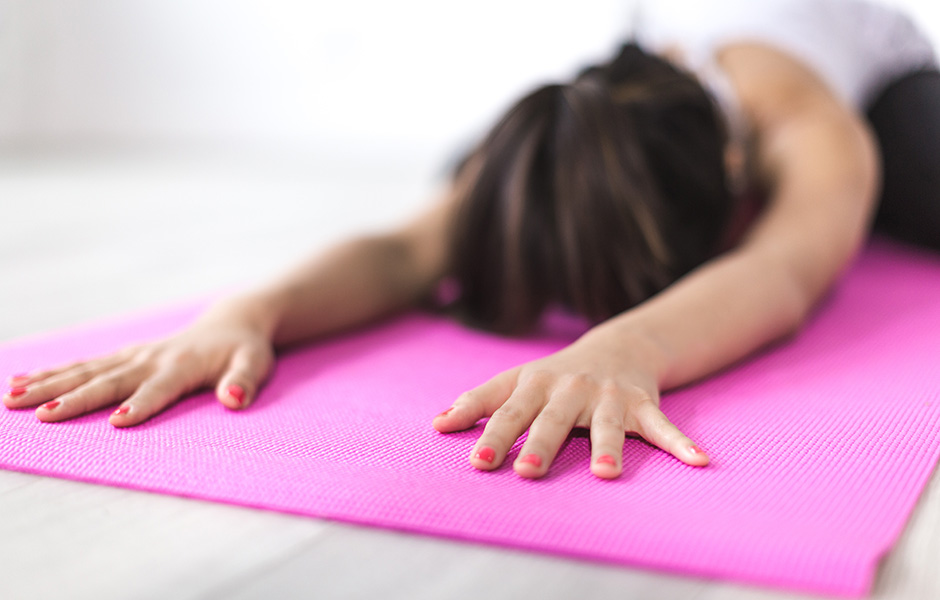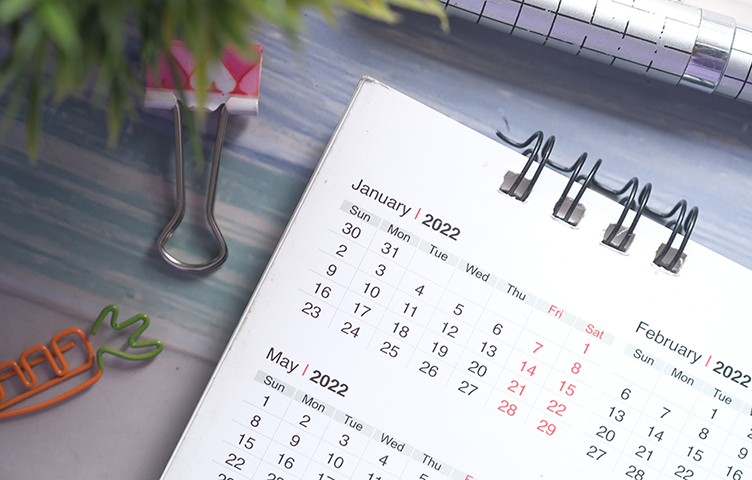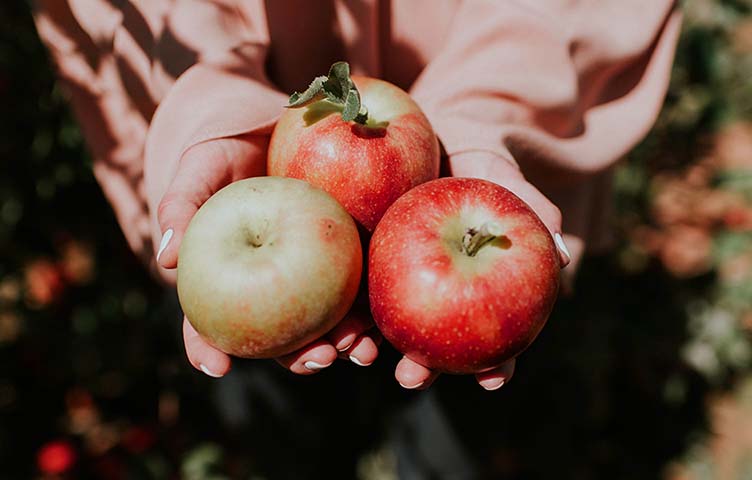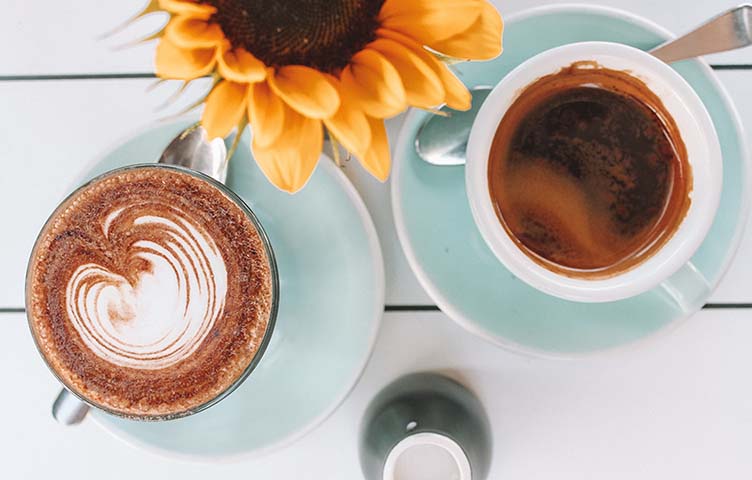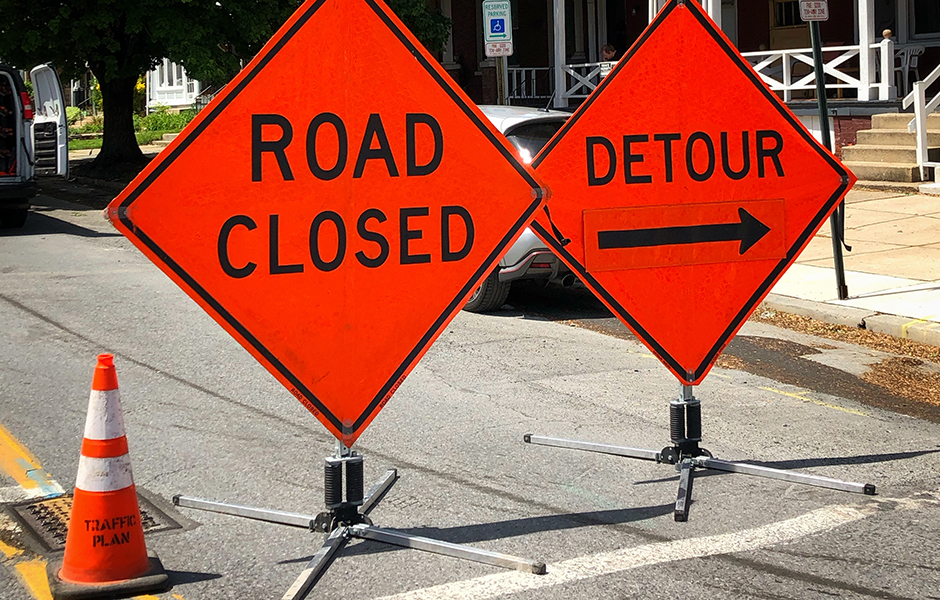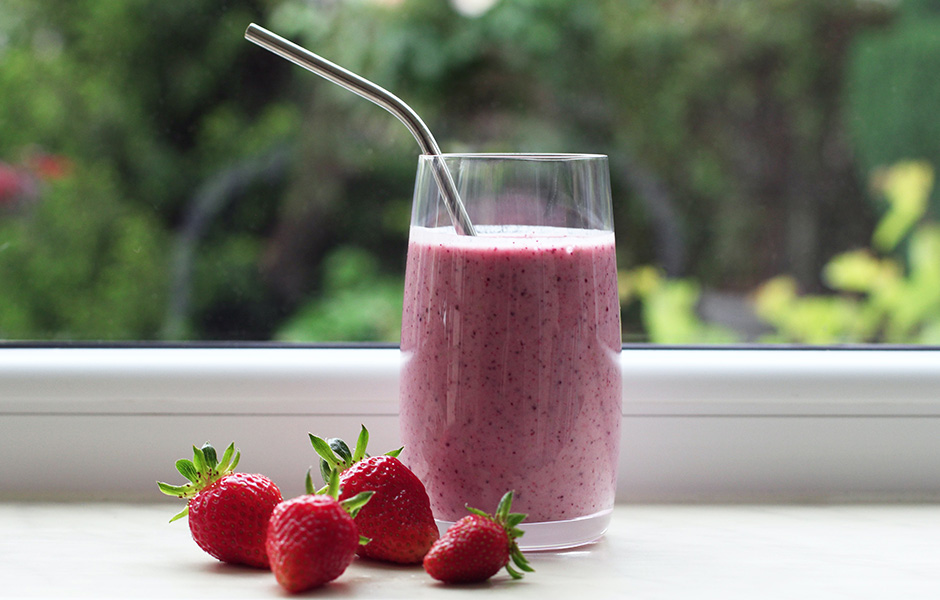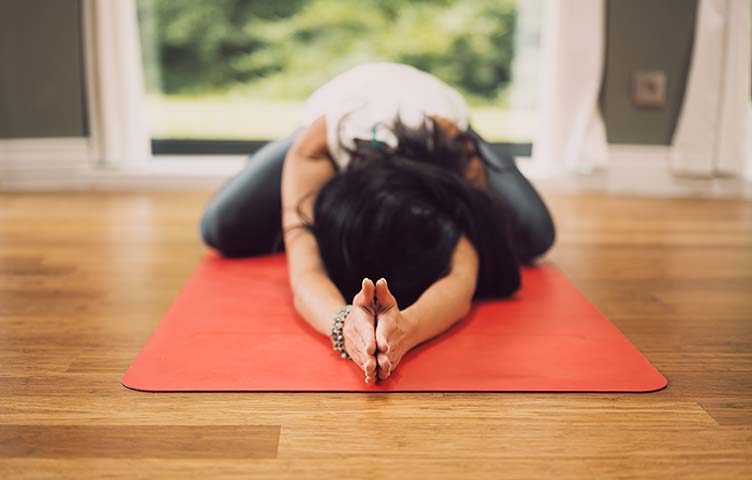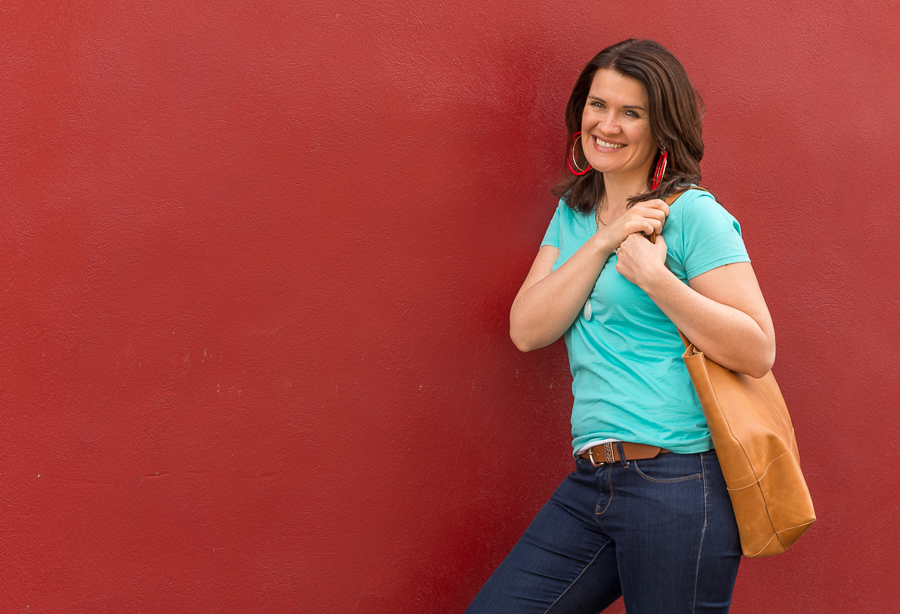One day, this past year, I sat in child’s pose on my yoga mat. I was in my living room, streaming a yoga class on my laptop. And like any class you’ve taken more than two or three times, I was only half paying attention.
I knew what I needed to do (breathe). And I knew what I needed to do next (downward dog). But then, the instructor said something I had heard her say before. Only this time, the full meaning of her words took root. She said,
“Today, pay attention to where you are at in your practice.”
She then invited us to be aware of where our bodies were feeling both weak and strong. However, I found myself fixated on her use of this one word:
Practice.
As the class continued, I began to realize how rarely we use this word as adults. Instead, we use language that often gives the impression we’ve arrived. We talk about meal planning, working out, building relationships, and pursuing our careers—all as if they are things, we just do.
As adults… we use language that often gives the impression we’ve arrived.
Every New Year, we focus on changing our habits and routines. Or, on getting back to our old, healthier ones we discarded sometime during the holiday season. And though we know otherwise, we talk as if these changes are easy. As if habits and routines are as interchangeable as putting on a new shirt.
But deep down, we all know the truth. Maintaining a regular work out routine is hard. Sticking to healthy eating habits is difficult, especially if those around us are not. Keeping in consistent contact with friends and loved ones isn’t easy. And because we can’t live up to all these expectations we’ve put on ourselves, we carry around guilt or shame. We secretly begin to believe we’re not enough.
Because we can’t live up to all the expectations we’ve put on ourselves, we carry around guilt or shame. We secretly begin to believe we’re not enough.
This brings us back to my yoga class that day. As the instructor had me moving into downward dog, I couldn’t help but wonder, what if we looked at life differently? What if we stopped believing, that as adults, we have to have it all figured out?
What if we used the word practice instead of words like routine and habit?
When my online yoga instructor talks about having a yoga practice, she’s inviting others to approach this form of exercise with the posture of a beginner. In a sense, in the way a child learns something. There’s no expectation of figuring out all the moves right away. In fact, knowing or conquering the moves isn’t even the point.
The point is growth.
When we say we’re practicing something, that means there is room for improvement. That there is room for error. And it’s ok. It tells us we don’t have to be perfect, we just have to show up and do the best we can.
At the start of every New Year, many of us try to implement new routines. Sometimes they work, sometimes they don’t. But how would this tradition change, if we saw getting up earlier, cutting out sugar, working out regularly—all as practices in our lives, rather than routines?
Wouldn’t this change mean we’d have more grace with ourselves when we slip up? Wouldn’t it also mean, that we’d sooner get back to our practice, rather than give up altogether?
When I taught myself how to make bread, I had to accept that practice was the key to becoming a good baker. Perhaps, the same is true for all the “adult” things we are trying to make habits or routines. Maybe we just need to practice.
What does the word routine make you feel?
What does the word practice make you think?
What routines in your life would serve you better if they were practices?
Want 2020 to be different? Sign up for my email list, and get my Five Ways to Declutter Your Mind resource. In it I share five ways to cut through the noise in your life, to find more peace and clarity.

